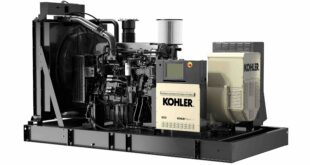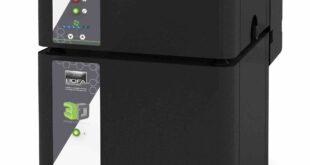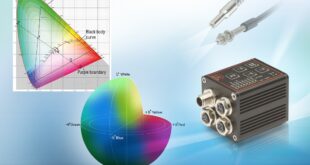The AtmegaS64M1 meets the needs of NewSpace and other critical aerospace applications which require faster development and reduced costs.
Traditionally, developing radiation-hardened systems for space applications has a history of long lead-times and high costs to achieve the highest level of reliability for multi-year missions in a harsh environment.
The AtmegaS64M1 is the second 8-bit megaAVR MCU from Microchip that uses a development approach called COTS-to-radiation-tolerant. This approach takes a proven automotive-qualified device, such as the Atmega64M1, and creates pin-out compatible versions in both high-reliability plastic and space-grade ceramic packages.
The devices are designed to meet radiation tolerances with the following targeted performances:
* Fully immune from Single-Event Latchup (SEL) up to 62 MeV.cm²/mg
* No Single-Event Functional Interrupts (SEFI) which secure memory integrity
* Accumulated Total Ionizing Dose (TID) between 20 to 50 Krad(Si)
* Single Event Upset (SEU) haracterization for all functional blocks
The new device joins the AtmegaS128, a radiation-tolerant MCU that has already been designed into several critical space missions including a Mars exploration plus a megaconstellation of several hundred Low Earth Orbit (LEO) satellites.
The COTS version of the device, ATmega64M1, along with its full development toolchain including development kits and code configurator can be used to begin development of hardware, firmware and software.
When the final system is ready for the prototype phase or production, the COTS device can be replaced with the pin-out compatible, radiation-tolerant ATmegaS64M1 in a 32-lead ceramic package (QFP32) with the same functionality as the original device. This leads to significant cost savings while also reducing development time and risk.
The ATmegaS64M1 meets the high operating temperature range of -55° C to +125° C. It is the first COTS-to-radiation-tolerant MCU to combine a Controller Area Network (CAN) bus, Digital-to-Analogue Converter (DAC) and motor-control capabilities.
These features make it ideal for a variety of subsystems such as remote terminal controllers and data handling functions for satellites, constellations, launchers or critical avionic applications.
To ease the design process and accelerate time to market, Microchip offers the STK 600 complete development board for the ATmegaS64M1, giving designers a head-start to develop code with advanced features for prototyping and testing new designs.
The device is supported by the Atmel Studio Integrated Development Environment (IDE) and software libraries for development and debugging.
The devices are available today for sampling and volume production in four derivatives:
* ATmegaS64M1-KH-E in ceramic prototype QFP32 package
* ATmegaS64M1-KH-MQ, ceramic space-grade QFP32 package, QMLQ qualified
* ATmegaS64M1-KH-SV, ceramic space-grade QFP32 package, QMLV qualified
* ATmegaS64M1-MD-HP in plastic QFP32 package, AQEC high-reliability qualified for volume programme.
 Engineer News Network The ultimate online news and information resource for today’s engineer
Engineer News Network The ultimate online news and information resource for today’s engineer





